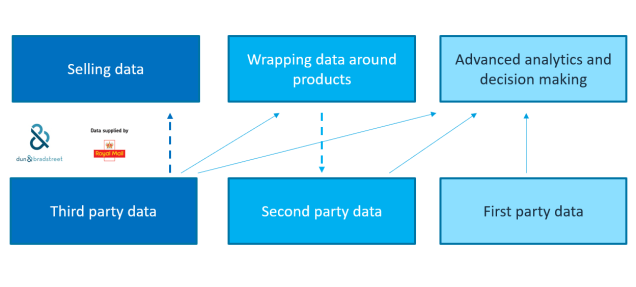The intersection of royalty and data quality was touched on this blog in the post Royal Exceptions 5 years ago, when the Queen of Denmark turned 70 years old. Now when her Majesty just rounded the 75-year mark, it is time to revisit the subject.
 As always when a Royal event is around the debate on the reason of being for a Royal House stirs up. Putting the historical and emotional arguments aside, let us have a look on the economic arguments.
As always when a Royal event is around the debate on the reason of being for a Royal House stirs up. Putting the historical and emotional arguments aside, let us have a look on the economic arguments.
In Denmark there are two main arguments in favor of having a Royal House:
- Having a president instead of a Royal House will cost the same anyway
- The costs of the Royal House is less than the wins from brand value when exporting goods and services
Cost of having a president versus a Royal House
The idea of an expensive presidency is probably founded in looking at the amount of money countries like the United States and France puts into the safety and glory of their presidency.
On the other hand, countries may make their own choice on the level of costs for a presidency. If you look at countries like Ireland and Finland, countries of similar size of population as Denmark, their costs for the presidency is only a fraction of the costs of the Danish Royal House.
Brand Value of the Royal House
Even high-ranking executives in large Danish companies often make the argument of a high brand value attached to the Royal House. However, I doubt they have checked with their own business intelligence department.
In fact, there have not been made a single public available study on the matter, and I doubt any business college researcher will risk the career on doing so.
There was a comic situation some years ago when it was taunted that there was a correlation between Denmark getting a crown princess from Australia and a sharp rise in the Danish export to Australia. The Mary-effect it was called. Sadly, for royalists at least, a sense check revealed that Norway and Sweden had the same development without importing a crown princess from Australia.
Conclusion
I hope the above examples are Royal Exceptions and most other decisions around are taken based on carefully considered facts.

55.756381
12.579774



 As always when a Royal event is around the debate on the reason of being for a
As always when a Royal event is around the debate on the reason of being for a 





